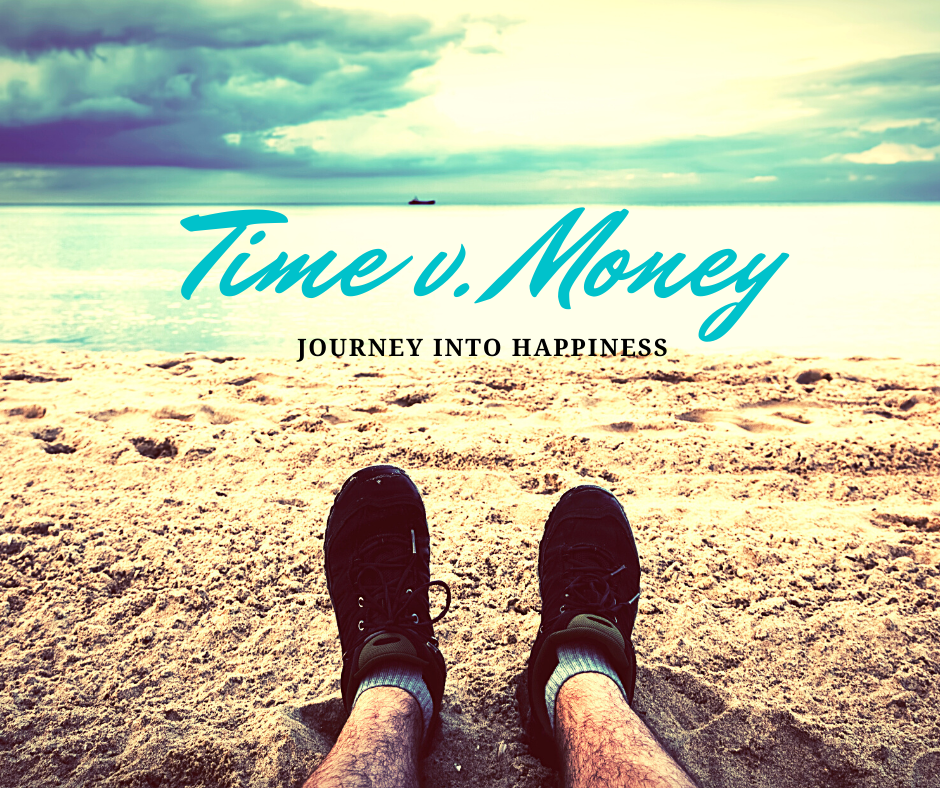
We are a materially affluent society, but a time-deprived society. We need to slow down, because we are constantly doing too much. What we need to actually do is “less” rather than “more”, if we are concerned about our happiness.
In the book Happier, Tal Ben-Shahar, the instructor of a popular positive psychology course at Harvard, writes: “Time affluence is the feeling that one has sufficient time to pursue activities that are personally meaningful, to reflect, to engage in leisure. Time poverty is the feeling that one is constantly stressed, rushed, overworked, and behind. All we have to do is look around us, and often within ourselves, to realize the pervasiveness of time poverty in our culture”.
But why is the so-called “time affluence” important for our happiness?
Various scientific studies show that people who value time more than money, organizing their day so that they always have some free time, are happier than those who spend too much time at work.
Whillans et al. in 2016 conducted a study where people were asked if they felt more like Tina (a person who values time more than money, and is willing to earn less to have more free time) or Maggie (a person who values money more than time, and is willing, for example, to sacrifice some of her free time to earn more). People who prioritized time more than money, considering themselves more like Tina than Maggie, were on average happier than the others.
This was confirmed by Hershfield et al. in 2016: although around 70% of people value money more than time, the 30% of people who value time are happier than others.
Why is it so? A study conducted by Mogilner in 2010, showed that those who value free time socialize more with other people and savor pleasant situations more, things we know boost our happiness.
Covid-19, with all its undeniable negative consequences, will probably also give us a little more free time. Let’s treasure it.
And let’s try, in any kind of situation, not to overlook the importance of free time for our happiness.
